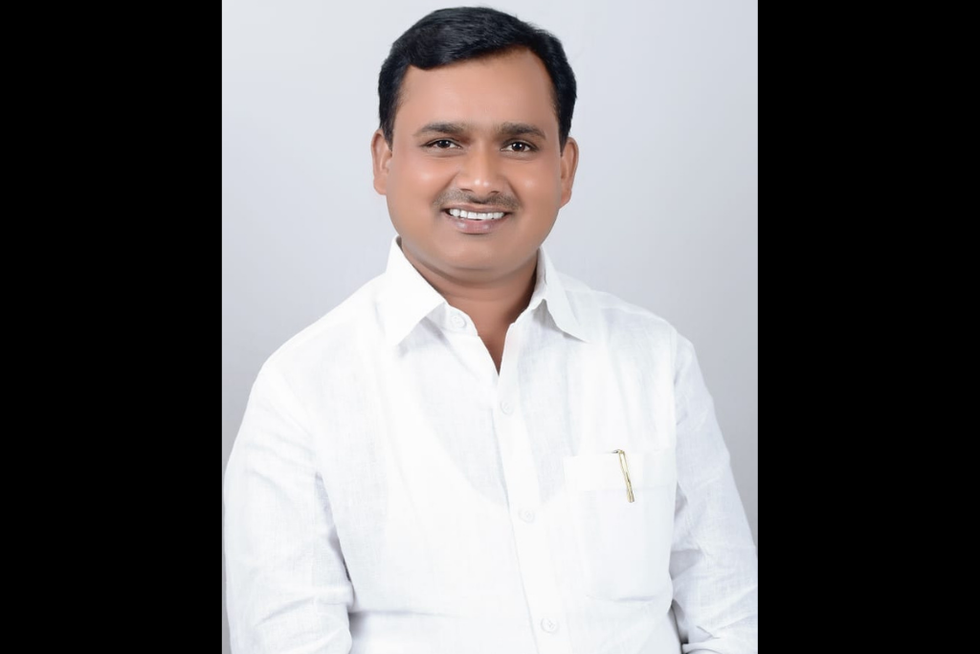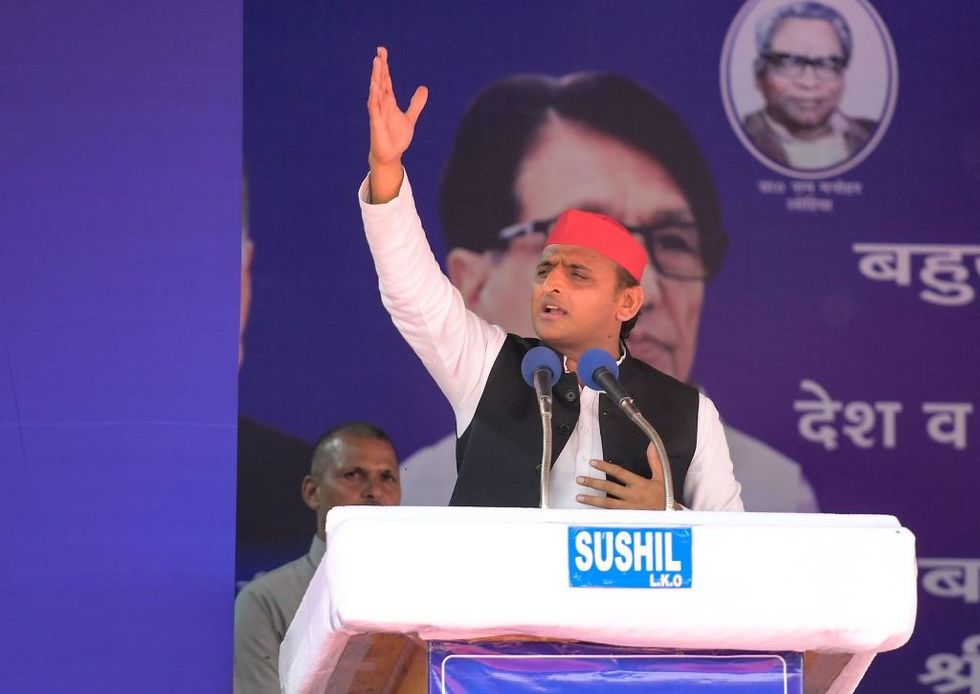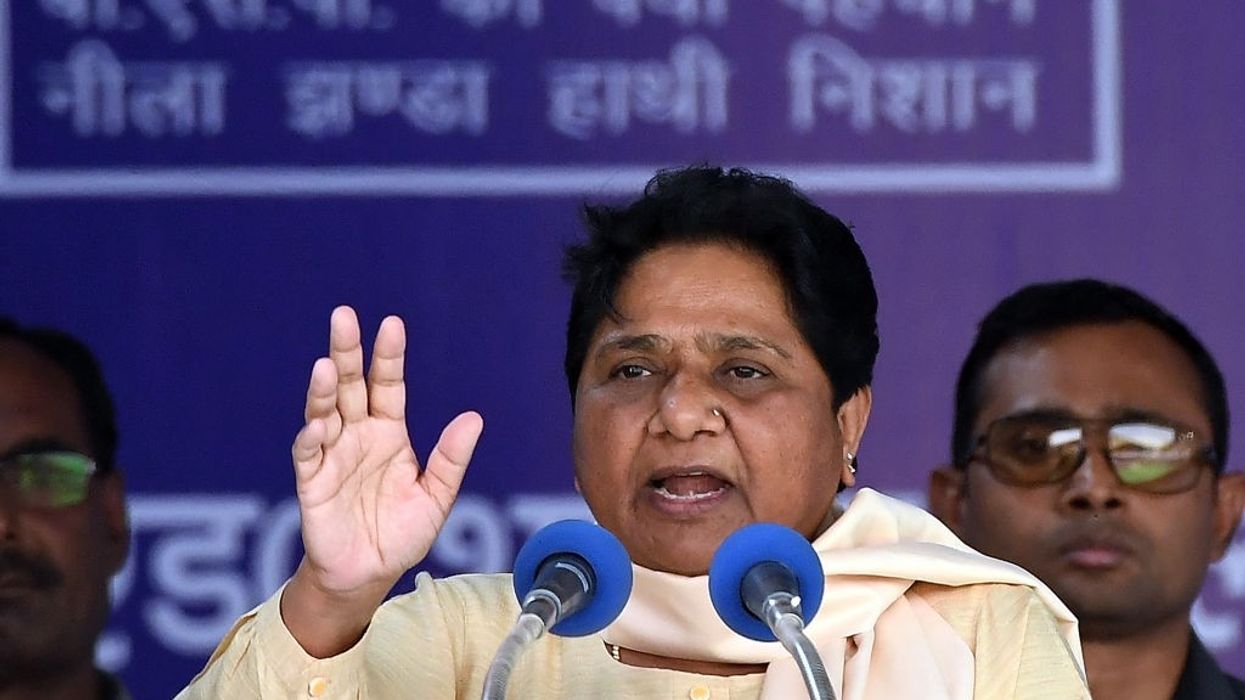POLITICAL developments in the North Indian state of Uttar Pradesh, which will go to Assembly elections next year, saw a dramatic turn on Tuesday (15) when a number of suspended lawmakers of the Bahujan Samaj Party (BSP) met Samajwadi Party (SP) chief Akhilesh Yadav. Speculation was rife following the meeting that those MLAs could join the SP ahead of the 2022 electoral battle. BSP supremo Mayawati lashed out at the SP on Wednesday (16) and accused it of playing dirty politics and called it anti-Dalit.
Meanwhile, one of the rebel MLAs – Aslam Rainee – reportedly said that they would join hands to form a new party ahead of the crucial elections. India’s Republic TV quoted Rainee as saying the rebel MLAs had already met the speaker of the state legislature to discuss formation of a new outfit and that Lalji Verma, who has also been expelled from the BSP, would lead it.

Eastern Eye spoke to Hakim Lal Bind, one of the expelled MLAs, over the situation and what are their future plan of action. When EE asked him about what transpired between them and the SP chief, he said it was more a courtesy call than anything else and it was too early to conclude that they were joining the SP right now.
Rebel MLA still hopes to contest on BSP tickets
Bind, 42, however, said that since the rebel MLAs have not been disqualified yet, they yet aspire to contest the polls on the BSP’s tickets next year. But if that doesn’t happen, then they would have to think about other ways. Bind also called Yadav a “good leader”. The SP chief has recently ruled out possibility of an alliance with either the BSP (like it did in the 2019 Lok Sabha polls) or the Congress (as it did in the 2017 Assembly polls), which would make the supporters of the rebels hopeful.
Bind, however, did not agree over the idea of forming a new party. “We do not have enough people to take such a call,” he said, indicating that he still expects Mayawati to welcome them back into the party. He added that everybody is entitled to his or her viewpoint.
SK Dwivedi, former head of the department of political science at Lucknow University, UP, though told Hindustan Times that if at least 12 people form a separate party, it will be two-thirds of the total strength of the BSP and in this case, anti-defection law will not apply.

'Don't know BSP affairs for some time now'
When EE asked the MLA about the possibility of the BSP doing well in UP next year, he said it was not possible for him or the other expelled MLAs to say anything about it since they have not been attending party events for a long time now. He, however, wished that the party would do well in the next polls. The BSP, which was last in power in UP between 2007 and 2012, has done poorly in the last three major elections – the Lok Sabha elections of 2014 and 2019 and the UP elections of 2017.
The expelled MLAs caught Mayawati’s wrath in October last year when they filed an affidavit saying their signatures on BSP candidate Ramji Gautam’s nomination for the Rajya Sabha election had been forged. Among the MLAs who came under the scanner then were, apart from Bind, Aslam Rainee, Har Govind Bhargava, Aslam Ali Chaudhary and Mujtaba Siddiqui. Verma, UP legislative party leader, was also expelled later on charges of anti-party activities.




